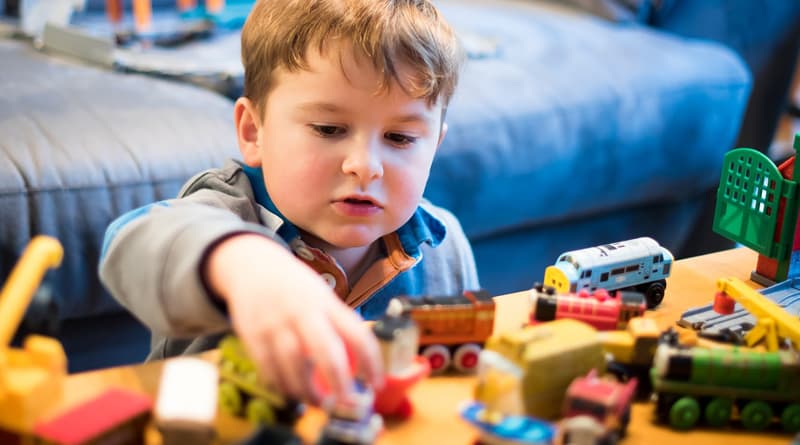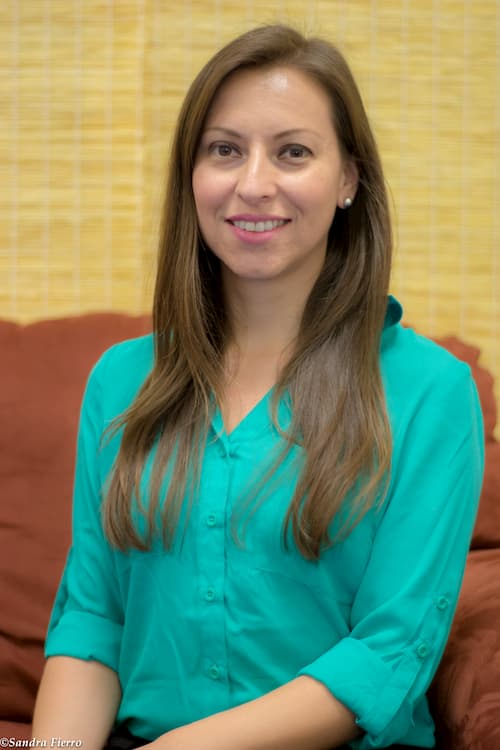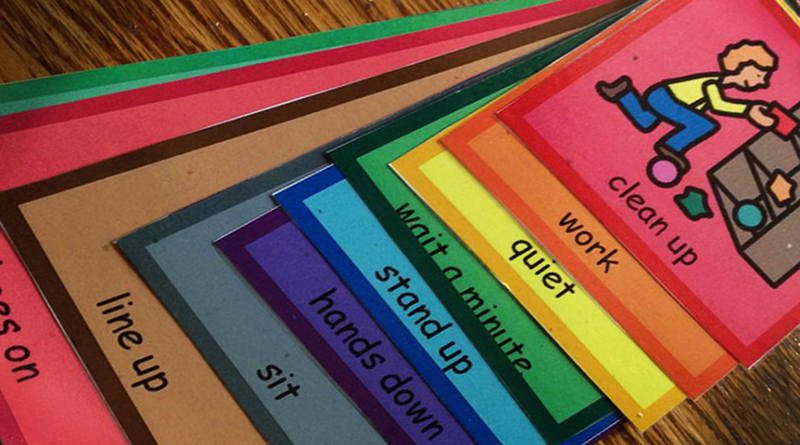
Relating To Kids In a Way That Can Optimize Their Development
By Lina Maria Moyano, Ed.D., L.C.S.W.
OPTIMIZING DEVELOPMENT THROUGH RELATIONSHIPS
When a child is diagnosed with autism, one of the first things that parents are told is that early intervention is crucial; the brain is more receptive to therapy in the early years of life, so parents are encouraged to hurry up and ‘save’ the child before it is too late. This is too much pressure for any parent and acting from this space brings a lot of stress to the family system. Fortunately, however, a good professional can support and guide parents to face the challenge with a more positive perspective. In fact, a provider subscribing to a developmental approach would help parents understand the experience of the child and would guide them to use their relationship with the child to nourish his/her development. In this therapeutic modality, specifically the DIR/ Floortime model, there are many principles that can assist the parents in relating to their child in a way that is optimal for the child’s development. Here we will cover some.
RELAX AND BE PRESENT
The best gift you can give your child is a peaceful parent who is present in the moment and not anxious about the future or a million other things. This is in fact true for any relationship! If you think about your personal life experience, you would realize that the best interactions you have had are with people who are fully present and can give you a hundred percent of their attention, as opposed to someone who appears absent minded, and is thinking about other things besides the conversation they are having with you. When you approach your child with this relaxed presence, the child will feel it and enjoy this quality in you!
ENGAGE
We are social creatures, we are wired to connect, and we can only be in terms of relationships! A child with developmental differences may act like he/she does not want to interact; but this is not necessarily the case; we continue to learn from self-advocates that we all yearn for social connection. However, for many individuals with autism navigating the social world can be so challenging and overwhelming that it might be easier to avoid interacting all together. And in fact if we attempt to interact with a child with developmental differences the same way we interact with a neurotypical child, the interaction would probably not be successful. This does not mean we should also give up on engagement, it means that we need to adapt the way we engage to target his/her specific needs. Go to his/her level and engage in whatever way the child enjoys! It is our job to show them that interacting with people is fun, and once they experience this often, they’ll want more!
DO NOT TEACH- EXPLORE WITH THE CHILD INSTEAD
As adults we have been conditioned to believe we know better than kids and therefore we should take every opportunity to teach our kids, and even more so when the child is experiencing developmental challenges. So it is often the case that when grownups attempt to engage with children, playtime quickly turns into a lesson plan in which the parent desperately takes every opportunity to have the child recognize colors and shapes, which is not fun for either party. It does not have to be like that! Children are experimenting continuously, and we would connect better if instead of teaching we explore how the child sees the world, what is interesting for him/her, and join their awe in experiencing life from their unique perspective. By following their interest, we are showing them that what matters to them matters to us too and that message always feels good.
SLOW DOWN AND WAIT
We now live in such a fast pace world, where instant gratification is the norm, and therefore we are not accustomed to waiting. This easily translates into playtime, where we rush to add an idea, ask a question, or make an unnecessary comment to avoid a silent space. I frequently remind the parents I work with that waiting and moments of silence are ok. First of all, this will allows us to get to know the child better by observing what their intention is; for instance, what toy would he pick? How would he play with that toy? Would he invite us to play with him/her? All of this is valuable information that becomes available when we wait and that can guide the way we interact with the child. In addition, we would allow the child space to process whatever we may have said or done, to come up with his own ideas, and to problem solve.
STAY OPEN MINDED
In the world of autism, we have been told that stereotypical behaviors are maladaptive and should be extinguished. I would like to invite you to consider that those behaviors serve a purpose and it is ok to rock, spin, make noises, move in circles, etc. It is ok to play with toys in a different way, a car doesn’t have to go on the mat and go “beep beep”. It is acceptable to turn the car upside down and see how the wheels turn, the child might be conducting a visual experiment and if the child is doing it, it is important for him, and as we already covered, it is more beneficial to explore what is important for the child. So stay open minded and go along with it, you’ll show your child that you accept every piece of him, including the “awkward” behaviors.
CONNECT WITH THE EMOTIONAL EXPERIENCE
Never ever disregard the emotional life of your child. Everything we all do is a reflection of an emotional state and when others acknowledge and recognize our emotions we feel validated and understood. Recognize if the child is acting from a place of joy, fear, confusion, anger, annoyance, anxiety, etc. Connect to that emotion and empathize because ALL emotions are valid, even when we do not feel they are justified.
ABOVE ALL: HAVE FUN!
Regardless of the condition, your child is still a child, and he is growing fast! So enjoy his childhood, get to the floor, play with him/ her and make the most out of it! It will be good for both you!

Lina Maria Moyano, Ed.D., L.C.S.W. is a specialist in serving children with regulation and communication disorders and their families. She empowers parents to help their children be the best they can be through the implementation of the DIR/Floortime model. She also provides individual mental health therapy for children, co-leads a monthly support group for parents, and offers autism trainings in schools and different organizations. Dr. Moyano is a Licensed Clinical Social Worker with a MSW from Florida International University and a Doctoral Degree in Special Education with a minor in Autism from Nova Southeastern University. She is very active in her community and passionate about her work. Dr. Moyano has worked with children with autism and related disorders for about 10 years, and has trained on the DIR/Floortime model for over 5 years. She specializes in empowering families reach their highest potential through the implementation of the DIR/Floortime model. She received her Doctorate in Special Education with a minor in Autism and her Master in Social Work. She is the founder of Children’s Relationship Center.




